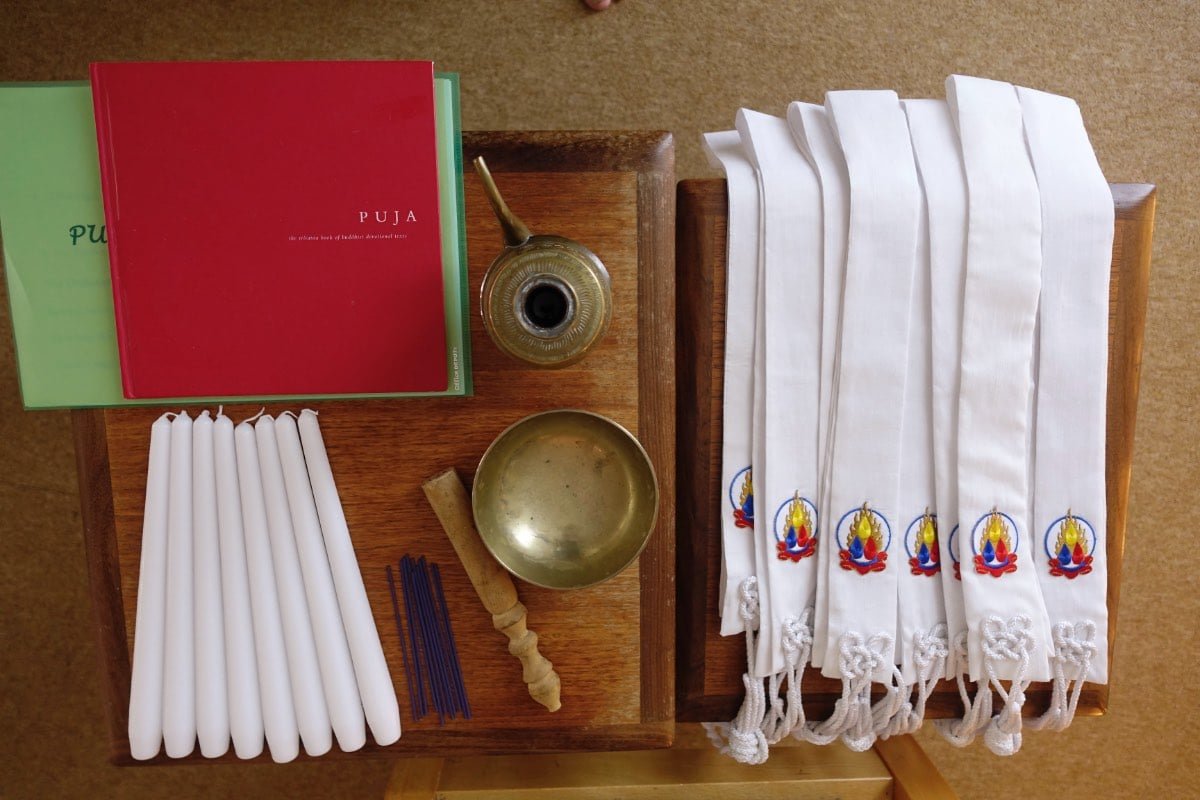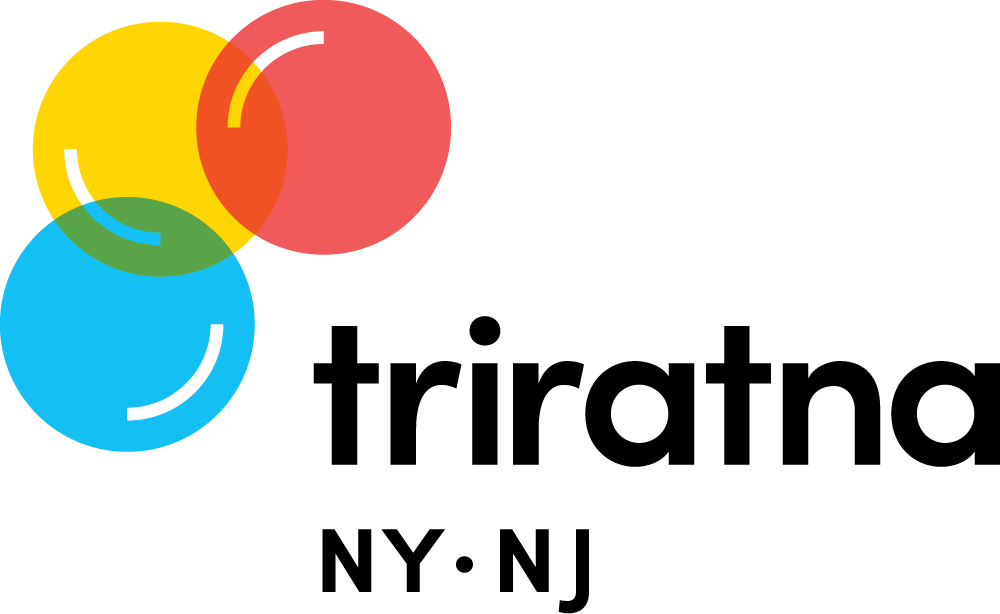
Frequently Asked Questions about Ordination
-
There are two types of Preceptors who oversee the two aspects of ordination. The first aspect is what we have come to call the private ordination, which is performed by one's Private Preceptor. The private ordination ceremony symbolizes your willingness to Go for Refuge and to keep Going for Refuge alone if necessary.
A Private Preceptor is an Order Member who has typically been Ordained for more than 10 years and has gone through a training and screening process. They support you in your practice, and find resonance with your Going for Refuge. They get to know you well enough to be able to affirm your readiness to be Ordained. . They will also be someone who you know well and towards whom you have natural feelings of respect.
The public ordination symbolizes the fact that although you are willing to go it alone if necessary, you see that there are others who share your deepest spiritual values and who are committed to those values as you are.
The person who performs the public ordination is called the Public Preceptor. The Public Preceptor receives you into the order. They have to be confident that you have been thoroughly trained, and the recommendations of your Private Preceptor and all the Order Members who know you.
-
A mitra who has asked for ordination can invite up to five Order Members to form a group that provides support for their training and witnesses their process of Going for Refuge. The kula is made up of Order Members the mitra have a connection with; and meets as a group at least once each year to discuss the mitra’s practice and provide feedback.
-
Asking for Ordination is a deeply significant step in your Dharma life. Anyone who has become a mitra can ask for Ordination. Before doing so, it is helpful to talk it through with Order members who know you. Ordination training does require time, energy and a significant commitment.
It’s important to keep in mind that we can have a rich and meaningful Dharma life without asking for Ordination. We call all Go for Refuge, not matter our circumstances.
If you feel ready to ask for ordination, having discussed your wish with a local Order Member, the next step is to make a formal request to one of the Public Preceptors for the US/Canada Region.
-
There are one to two longer Ordination training retreats per year in the US/Canada, as well as shorter practice events during the year. These take place at one of our main retreat centers: Dharmadhara (close to San Francisco), Aryaloka (Portsmouth, NH) or online.
There is a similar frequency of training retreats in Mexico each year at the Cintamani retreat center close to Cuernavaca.
-
We offer regular study for mitras. At present this consists of a Four-Year Training Course. Mitra study offers an excellent opportunity to study and explore the Dharma and is an invaluable element in your training for ordination. You can talk to your local Mitra Convenor about this.
-
Yes, there are currently a number of Preceptors in the US and Canada who are People of Color.
-
Some aspects of Ordination training are done separately, in particular retreats. This is intended to support the unpacking of deep levels of gender conditioning. There are also aspects of ordination training which are carried out in multi-gendered formats, such as study groups and Ordination training groups.
A process for gender non-conforming people has been recently developed and is now up-and-running in the UK, led by gender non-conforming people, with the option of connecting online for anyone in the US. Trans-people have the option of choosing whether to join one of the gendered groups or the gender non-conforming group.
It may be helpful to understand the historical context in which this way of training developed in our community, in the UK in the 1970s. You can read more about that here.
-
We accommodate to the best of our ability people on low levels of income. Scholarships are provided for some retreats and arrangements can be made to ensure that no one is held back in their training process for lack of funds.
-
Ordination is a training in deepening one’s practice within the context of the Triratna Buddhist tradition. It does not include a direct teacher training component.
